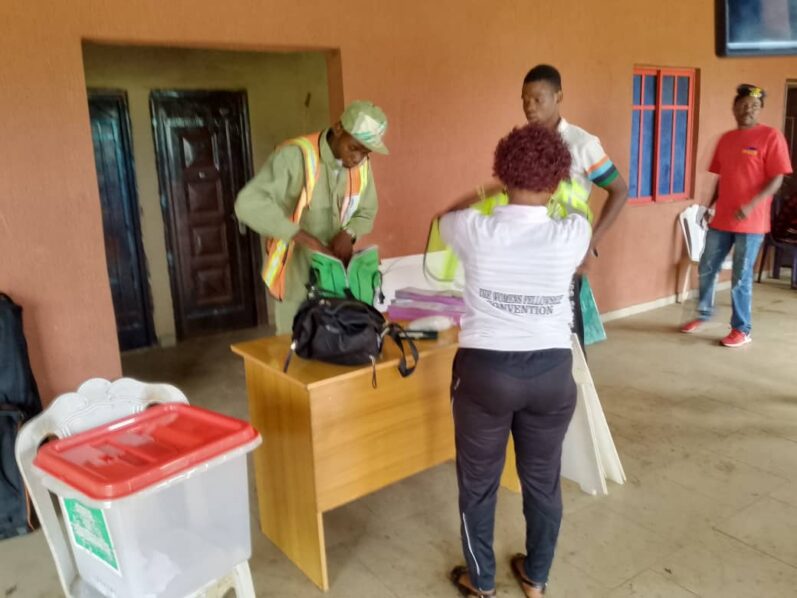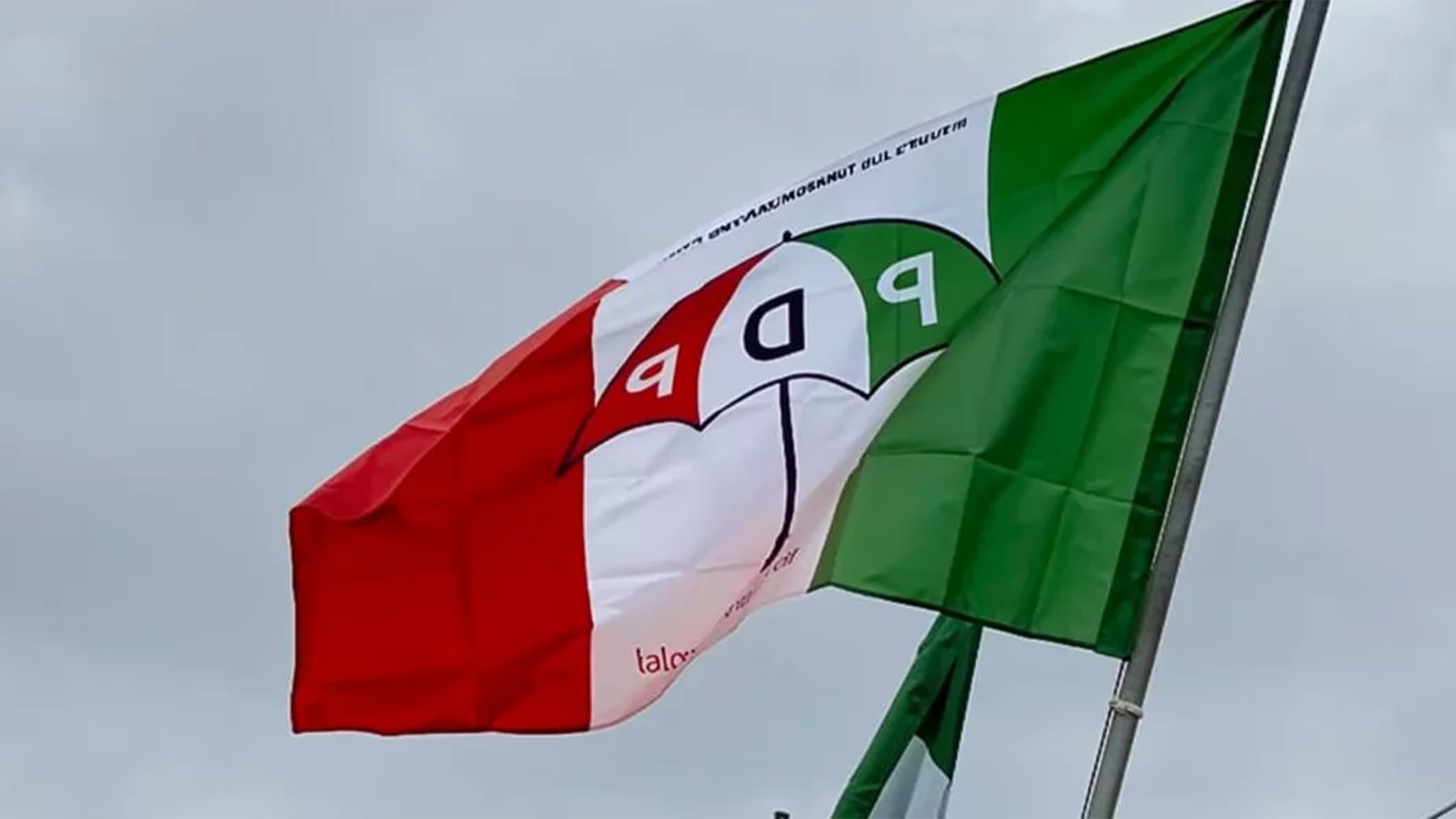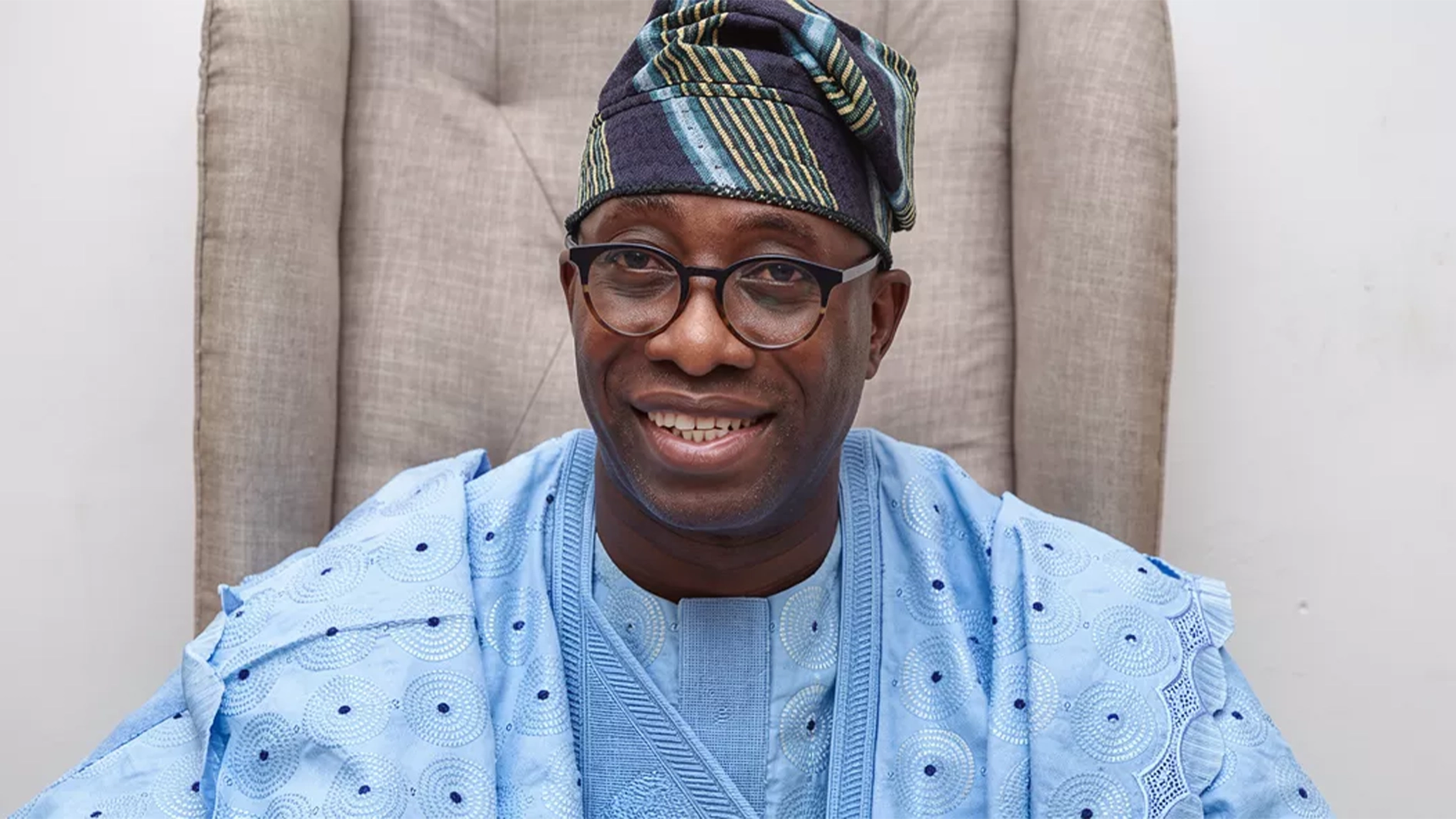
The just concluded Edo governorship election has set a new record in open inducements, with the free reign of vote-buying, plates of rice and gala – all riding on the endemic poverty and hopelessness engineered by the same political class angling for votes, LAWRENCE NJOKU and MICHAEL EGBEJULE report.
The much talked about off-cycle governorship election in Edo State have come and gone, but with questions about the future of elections in the country in the event of the continued economic difficulties, intimidation, suppression and fake news ravaging the polity during the exercise.
Indeed, the election lived up to its billing with 17 candidates emerging from the various political parties after the keenly contested party primaries. While two of the candidates withdrew a few hours to the election, 15 others presented themselves to be voted for.
From the 15, however, bookmakers adjudged the contest would be a three-horse race between the candidates of the All Progressives Congress (APC), Senator Monday Okpebholo; Peoples Democratic Party (PDP), Asuerimen Ighodalo, and Olumide Akpata of the Labour Party (LP). This is as a result of the leading role their political parties are playing currently in the politics of the state and the country at large.
While APC has remained a strong opposition in the state, producing two senators for Central and North constituencies, as well as in control of power at the national level, PDP on the other hand is in control of the state with many members of the State House of Assembly and House of Representatives. The LP on the other hand, rose to prominence in the state during the 2023 general election winning the presidential election in the state and producing a senator for Edo South senatorial district.
A further justification to the fact of the three-legged race could be seen from the level of campaigns mounted by the candidates involved. While they had saturated the airwaves with their campaign messages about their agenda for the state if elected, every corner of the state had footprints of their campaign banners and posters. But the poor performance of the LP later reduced the election to a straight contest between APC and PDP.
Against the odds that it was going to be a bloody contest, the election however, was peaceful with eligible voters defying the over three hours of rainfall, the heavy security presence among others to cast their votes.
Indeed, it was endorsed as one of the most peaceful in the history of the state, but the pangs of hunger, poverty, political power, intimidation, voter suppression among others bore ugly fingers to the process and, in fact played a significant role in ensuring the emergence of the winner of the election.
In the open, agents and supporters of candidates were calling for votes for a fee and willingly, some eligible voters sold their votes in the guise that they would use the money to solve their hunger and attend to family needs. Some argued that whether you voted or not, “they have already written the result and the winner knows he has won. So, it is pointless not collecting the money.” Those who could not get cash or transfer were given food packs such as rice and noodles.
Around the Girls Secondary School, Oredo, The Guardian observed that some eligible voters, who tried to stay away from voting, rushed to their voting units on learning that cooked food and money were being shared.
One of the voters, Mr Mathew Osunibo, narrated how he missed the money and food at his polling unit in Oredo. He said: “I discovered that somebody was signaling me when I entered the polling unit. But I ignored the person and went straight to where I was meant to vote. It did not take two minutes for me to trace my number and present myself for capturing and actual voting. I finished voting and went to respond to the call, only for the lady to say that she actually wanted to see me before voting, but since I had voted, it was no longer useful. She said and walked away.
“I had gone to one of the spots where food was being served because I was hungry. I tried to order food but the lady told me that the food was not for sale. She said that for her to serve me, instruction must come from the same lady I had met earlier. It was at this point that I realised what was going on,” he said.
However, Mrs Silver John said that she collected food from one of the agents but still voted according to her conscience. Showing her pack of cooked rice to The Guardian, she added: “The money used in cooking is our money that they refused to give to us. They saw me voting but they didn’t know who I voted for. They made us poor and turned back to start sharing us money and food at the point of voting. I pity those people who fell into this trap because of hunger and poverty.”
She added that unless the trend was tackled, “the way things are going, very soon Nigerians may no longer go to vote unless there is money and other inducements attached to it.”
Another voter in Benin, Benson Ighilo admitted that he collected N10,000 to cast his vote. He, however, denied selling his vote because he did not have any preference for any of the candidates.
He said: “I was in my room when my friends came and asked me to go and make money at the polling unit not far from my house. We know most of the agents because we live in the same community. The first agent offered N5,000 but while arguing with me another one came and offered N10,000. We followed him and collected the card after voting and used the card to collect our money after.”
The duo of the Nigeria Civil Society Situation Room (NCSSR) and Centre for Democracy and Development (CDD) confirmed the developments when they stated differently that “price for votes ranged from N5000 to N10,000 per voter in several locations.”
NCSSR listed such locations as: “PU 08 and 09 Ward 2, Owan East LGA; PU 02 Ward 2, Etsako–West LGA; and several polling units in Egor, Oredo and Owan–West LGAs”, adding that, “in some cases, voters were also induced with food items such as bread and Gala.”
CDD stated that both PDP and APC engaged in vote buying. It stated that, “In Edo Central, incidents of vote buying were observed in Orhionmwon LGA, Ward 10, polling unit 014, Esan Central, Ward 5, unit 4 at Eguare Primary School, and Esan North East, Ward 5,Uromi, involving both APC and PDP.
“It was observed that APC and PDP offered between N5000 and N10,000 in exchange for votes. The same was observed in Esan West LGA, Ward 6 Central Primary School Iruekpen Ekpoma, PU; 004. Observers reported that this practice contributed to an increase in voter turnout as news of the financial incentives spread among the electorate. Ward 5,polling unit 4 –Awo Primary School, account numbers of voters were collated after voting for a particular party.
“In Edo South, incidents of vote-buying were also reported at Oredo local government area, ward 12, Ibiwe/Iwegie/Ugbague at Ibiwe 1, Oba market, where PDP and LP officials were particularly identified as having tried to induce voters. Of note was the attempt by some agents to engage with voters who spoke in Hausa language in an attempt to engage the Hausa community in the area,” the group said.
At about 10.00 a.m. on Saturday, officials of the Economic and Financial Crimes Commission (EFCC) arrested several vote-buyers at Estako area and took them to their office for questioning.
Six suspected political thugs, who were being moved to Oredo local government in a black sienna bus with firearms were arrested by soldiers after members of the community raised an alert about the invasion.
Speaking with The Guardian, an activist, Jerry Uwereghe, stated that election stakeholders must rise to address emerging threats to peaceful conduct of elections in order to secure the fledgling democracy.
“I do not see how people will now take spaces in election polling units to serve food to hungry Nigerians for a vote or collect their bank details to send money for voting for them.
“If it is sustained, then democracy and good governance is in trouble. Development and growth will also take a flight because those in power will now wait to share the money to people for vote during elections”, he warned.






